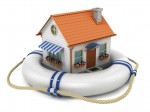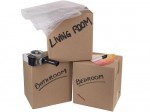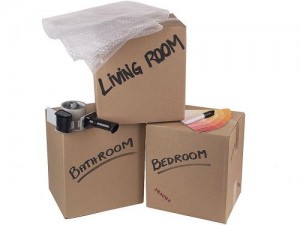3 Ways To Deduct Mortgage Interest

Your home is more than an investment and a place to live-it also can be a valuable source of tax deductions. For many homeowners, one of the biggest itemized deductions on Form 1040
is the one for qualified residence interest (commonly called the “mortgage interest deduction”). In the usual situation, you can write off all, or almost all, of the mortgage interest you’ve paid for the year.
Under current law, you may claim deductions for three basic types of mortgage interest, up to certain limits:
Acquisition Debt: This involves mortgage proceeds you use to buy, build, or substantially renovate a home. The loan must be secured by a qualified residence (either your principal residence or a second home such as a vacation home). Interest on such debt is deductible on amounts of up to $1 million. Acquisition debt often amounts to the lion’s share of your mortgage interest deduction.
Home Equity Debt: If it’s allowed by the laws of your state, you also may deduct the interest on home equity loans secured by a qualified residence, regardless of how you use the proceeds. But with home equity debt, deductions are limited to interest paid on loans of up to $100,000. In addition, the loan amount can‘t exceed your equity in the home.
Points: Although points really aren’t mortgage interest, the tax law essentially treats them as if they were. These are the charges a lender may impose when you obtain a mortgage. (One point equals 1% of the amount you borrow.) You can deduct any points you paid for acquisition debt, but you’ll need to deduct charges for refinancing over the term of the loan. For instance, if you refinance a $200,000 mortgage with a 10-year loan and pay two points – or $4,000 – you may deduct $400 in points ($4,000 divided by 10) annually for 10 years.









 Moving into a new house is exciting, but the list of “to dos” can be overwhelming. You not only have to pack and prep the new house, but you have to tie up all the loose ends at the old place. Here are 10 tasks that are easily overlooked when moving into a new home – if you take care of these, you’ll have a leg up on moving day.
Moving into a new house is exciting, but the list of “to dos” can be overwhelming. You not only have to pack and prep the new house, but you have to tie up all the loose ends at the old place. Here are 10 tasks that are easily overlooked when moving into a new home – if you take care of these, you’ll have a leg up on moving day.

 Kim N. Bregman
Kim N. Bregman